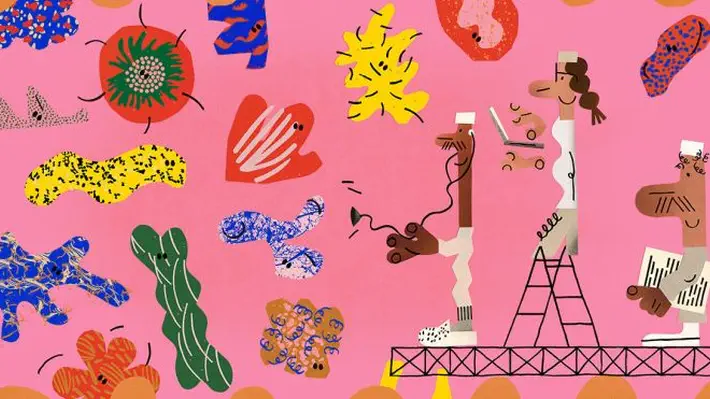 Nature
NatureHow gut microbes are joining the fight against cancer
The intestinal microbiome seems to influence how well some cancer drugs work. But is the science ripe for clinical trials?
 Nature
NatureSex and drugs and self-control: how the teen brain navigates risk
It’s not just about rebellion. Neuroscience is revealing adolescents’ rich and nuanced relationship with risky behaviour.
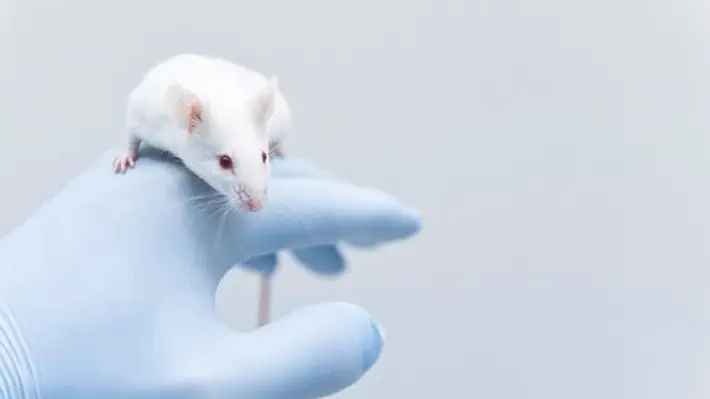 NATURE
NATURESex matters in experiments on party drug — in mice
Mouse experiments with the popular club drug ketamine may be skewed by the sex of the researcher performing them, a study suggests.
 Nature
NatureDivided by DNA
The uneasy relationship between archaeology and ancient genomics... Two fields in the midst of a technological revolution are struggling to reconcile their views of the past.
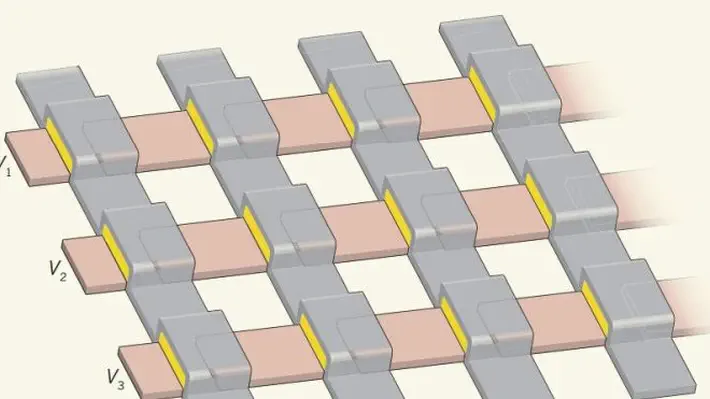 nature
natureThe future of electronics based on memristive systems
A memristor is a resistive device with an inherent memory. The theoretical concept of a memristor was connected to physically measured devices in 2008 and since then there has been rapid progress in the development of such devices, leading to a series of recent demonstrations of memristor-based neuromorphic hardware systems. Here, we evaluate the state of the art in memristor-based electronics and explore where the future of the field lies.
 NATURE
NATUREWhy dissonant music strikes the wrong chord in the brain
The common aversion to clashing harmonies seems to be due to mathematical relationships of overtones.
 nature
natureThe ethics of computer science: this researcher has a controversial proposal
Nature talks to Brent Hecht, who says peer reviewers must ensure that researchers consider negative societal consequences of their work.
 Nature
NatureTime to talk about why so many postgrads have poor mental health
An outpouring on Twitter highlights the acute pressures on young scientists.
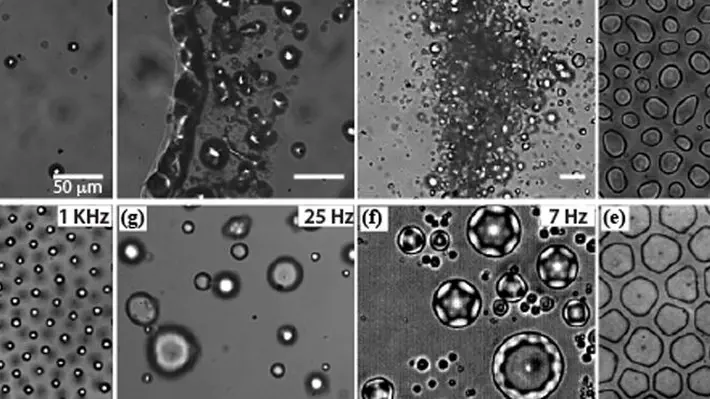 NATURE
NATURESelf organization of exotic oil-in-oil phases driven by tunable electrohydrodynamics
Self organization of large-scale structures in nature - either coherent structures like crystals, or incoherent dynamic structures like clouds - is governed by long-range interactions. In many problems, hydrodynamics and electrostatics are the source of such long-range interactions. The tuning of electrostatic interactions has helped to elucidate when coherent crystalline structures or incoherent amorphous structures form in colloidal systems.
 NATURE
NATUREThe whiff of white could hide strong odours
Complex mixtures of many odours tend to smell the same.
 NATURE
NATUREContinued Distress among Abandoned Dogs in Fukushima
In Fukushima, Japan, a prolonged refugee situation caused by a major nuclear incident after the earthquake of March 11, 2011 has led to the unintentional abandonment of many pets. We received stray or abandoned dogs from rescue centers in Fukushima Prefecture. During re-socialization training and health care, we accessed the behavioral characteristics and the urine cortisol level of each dog and compared them with those of other abandoned dogs not involved in this earthquake. The dogs from Fukushima showed significantly lower aggression toward unfamiliar people, trainability, and attachment to their caretakers; also, urine cortisol levels in the dogs from Fukushima were 5–10-fold higher than those in abandoned dogs from another area of Japan. These results suggested that the dogs from Fukushima suffered through an extremely stressful crisis.
 nature
natureThere’s no limit to longevity, says study that revives human lifespan debate
Death rates in later life flatten out and suggest there may be no fixed limit on human longevity, countering some previous work.
 NATURE
NATUREFutures market: Wall Street's thirst for water
Moves towards a global water commodities market must be stopped. It will push the price of food far beyond the peaks of the past five years, warns Frederick Kaufman.
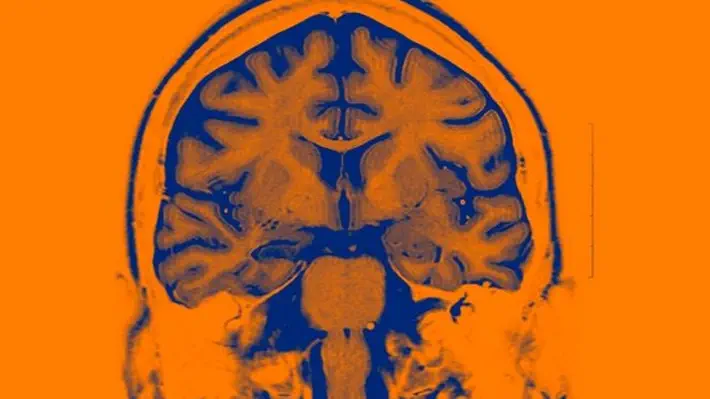 NATURE
NATUREAI-controlled brain implants for mood disorders tested in people
Researchers funded by the US military are developing appliances to record neural activity and automatically stimulate the brain to treat mental illness.





